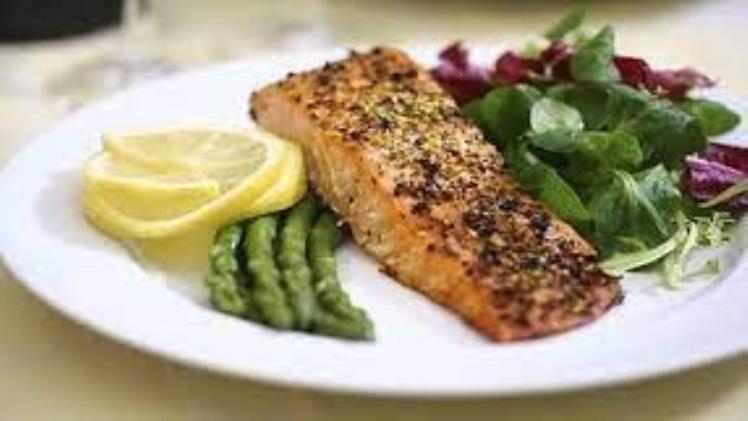Can I eat fish every day?

If you’ve been reading my blog for a while, you know that I love white fish. In fact, in my opinion it’s one of the best options for healthy eating because it’s low in fat and high in protein. But how many times per week should I eat fish? Can I eat salmon every day? The answer is yes!
It’s worth noting that there are some types of fish you should limit or avoid because they’re high in mercury.
While there are many species of fish you can eat every day, it’s worth noting that there are some types of whitefish fish you should limit or avoid because they’re high in mercury. These include:
- Tuna and swordfish
- Shark, mackerel, tilefish and other large predatory fish (like tuna)
- Canned light tuna in oil
The good news is that farmed fish doesn’t pose this same risk.
The good news is that farmed fish doesn’t pose this same risk. Farmed fish are fed a diet that contains low levels of mercury and other pollutants, so they don’t get as much exposure to them as wild fish do. This means your sustainable seafood choices aren’t just better for you—they’re also better for the environment!
Many people are surprised to learn that the fish they eat is often contaminated with mercury, PCBs, and other harmful pollutants. But this isn’t just a problem for people who eat large amounts of fish every day—it’s also a concern for anyone who eats seafood regularly.
If you eat a variety of fish, you’ll be sure to get a balanced intake of nutrients.
Although fish is not a staple food in the United States, it can be a valuable source of nutrients and protein. The recommended daily intake (RDI) for fish ranges from 0.8 grams to 2 grams per day depending on age and gender, but if you’re looking for an idea of how much you should eat each day, then roughly 5 ounces (140 grams) should do it.
Fish is also rich in omega-3 fatty acids, which have been shown to reduce inflammation and lower blood pressure—and they help reduce cognitive decline as we age! One serving contains 12% DV vitamin D (you’d need 8 ounces or 230g), 10% DV vitamin B12 (1 ounce soaked in water will give you 8 mcg), over 200 mcg selenium per serving—a mineral that may help prevent cancer—and 4 g omega-3s per ounce (5 oz).
In addition to omega-3 fatty acids, fish is a great source of protein.
In addition to omega-3 fatty acids, fish is a great source of protein. Protein is important for building muscle and maintaining muscle, as well as the immune system and brain function. It’s also critical for heart health because it breaks down into amino acids (the building blocks of protein) in your body that help improve blood flow through arteries and veins.

